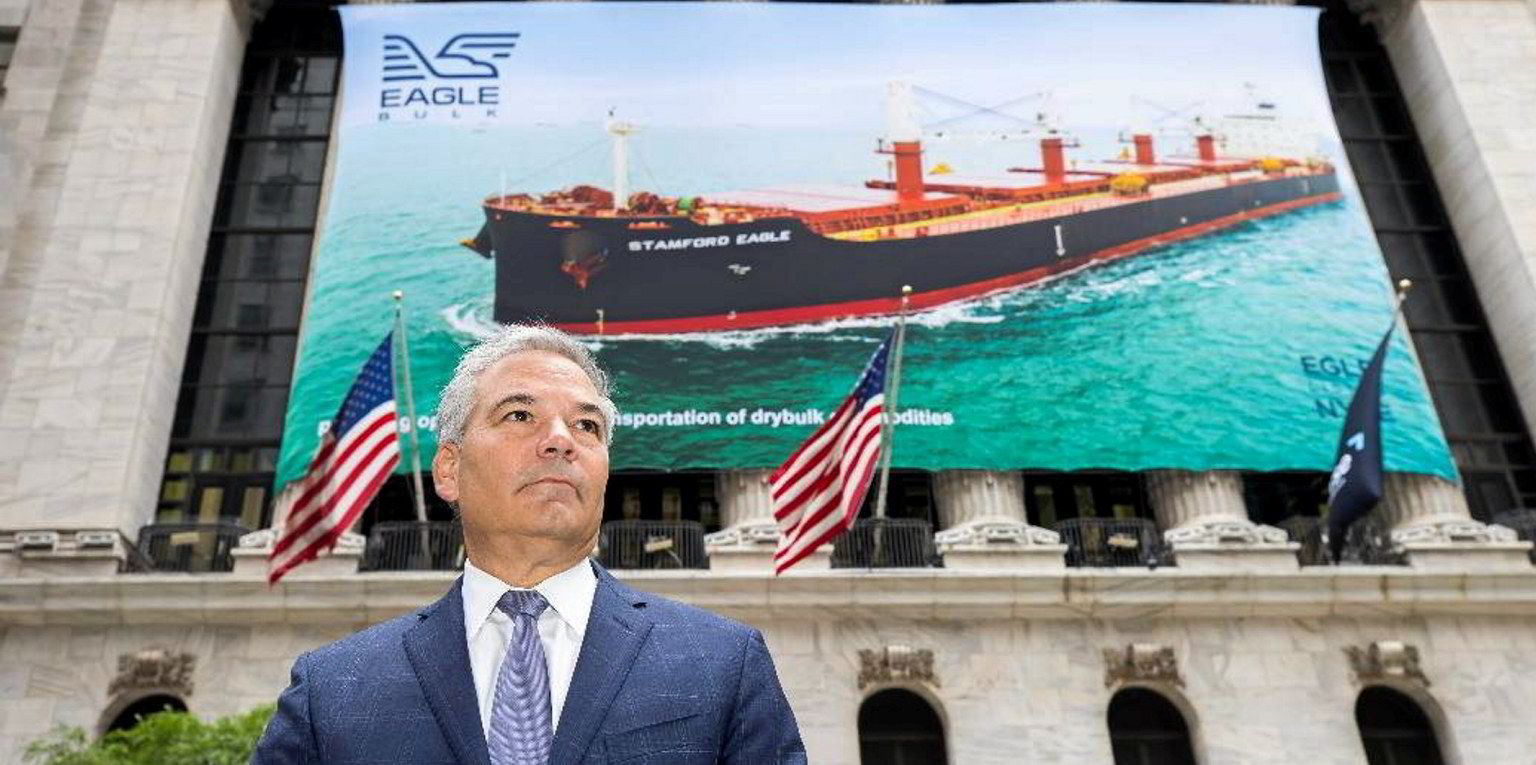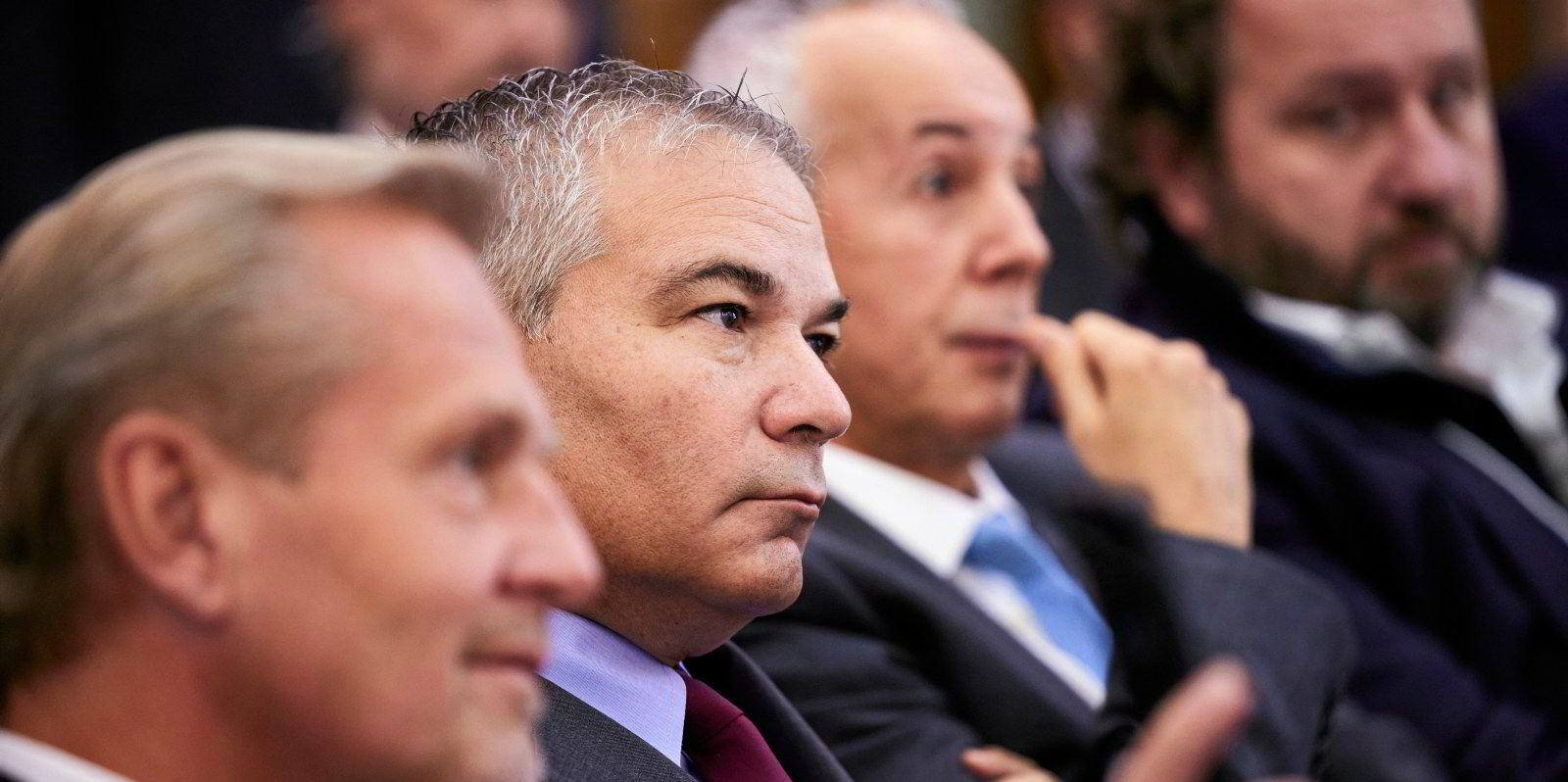About five years ago, Connecticut-based Eagle Bulk Shipping had a tough choice to make in deciding how to cope with the IMO 2020 carbon cap regulation.
The bulker outfit could choose to install exhaust gas scrubbers and keep burning cheaper high-sulphur fuel oil (HSFO), but its fleet might not fit the part.
Dry bulk owners were choosing to install the cleaners on larger capesizes, which spent more time at sea and less in port, just as VLCC owners were opting to do on the tanker side. But Eagle had smaller supramaxes and ultamaxes only.
Eagle chief executive Gary Vogel decided to go against the grain, with an initial commitment to 37 installations. His choice has proved to be the gift that keeps on giving, as borne out in a research note from Clarksons Securities on Monday.
While Clarksons analysts led by Frode Morkedal did take Eagle’s price target down to $55 from $65 based on lower-than-expected near-term earnings amid a delayed recovery of the dry market, the tone of the note is bullish and the rating remains “buy”.
This is partly because Eagle shares have fallen off 15% year to date including dividends, with a current price of $42 representing a 25% discount to Clarksons’ estimated net asset value of $53.70.
But the researchers see Eagle turning a profit even with the Baltic Supramax Index (BSI) having deflated nearly 15% year to date to just under $10,000 per day, and that is largely due to the scrubber benefit.
“We estimate that Eagle Bulk can achieve its cash breakeven point of $12,700 per day even with a BSI rate of $9,500 per day, thanks to the premium earnings from its Ultramax and scrubber-equipped fleet,” Clarksons wrote.

From a financial standpoint, scrubbers prove to be a “home run” investment for those who chose them prior to 2020, with most able to recoup the investment cost no later than 2022.
Fuel spreads have narrowed in 2023 – the current spread is about $85 a tonne between HSFO and very low sulphur fuel oil (VLSFO). But even that thin spread yields Eagle about $1,250 per day savings on a time charter equivalent (TCE) basis, or more than 10% of the current BSI.
That plus the premium gained through Eagle’s commercial operating platform is essentially the difference between a profit and a loss in this continued low market.
Eagle Bulk owns a fleet of 52 ultramax and supramax vessels. The 22-ship supramax fleet has an average age of 13 years, while the ultramaxes average eight years.
Clarksons also likes Eagle’s relatively low net debt of 30%.





